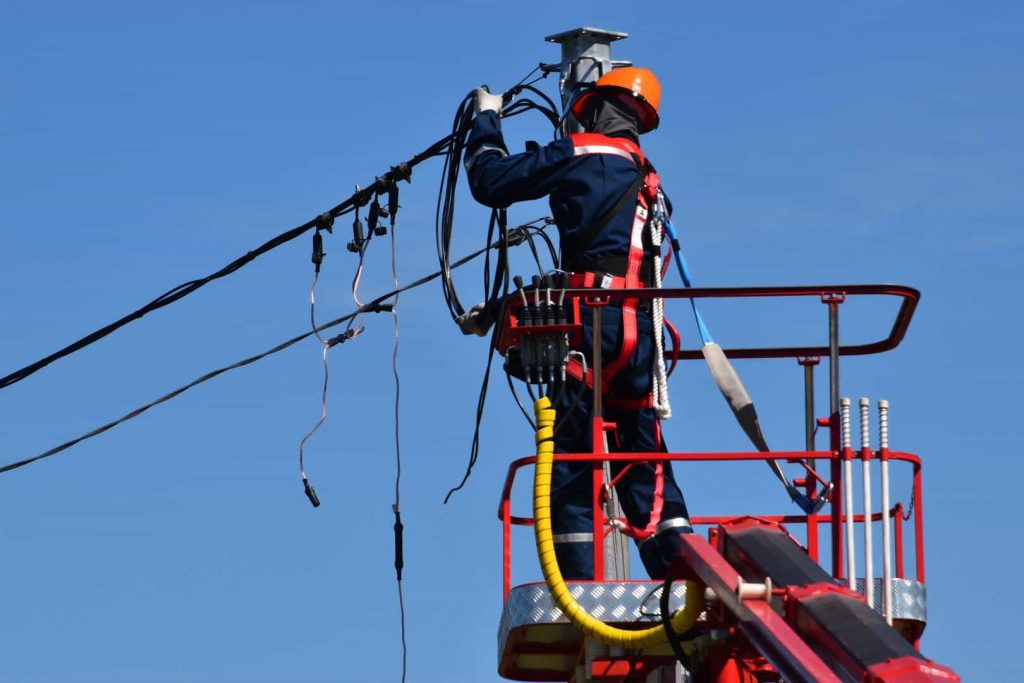Reporting and auditing are two processes that have always been important in the business world. Reports and audits enable businesses to gain insight into the current state of their entire organisation and obtain more granular data where necessary. We all know how valuable data can be to modern businesses, but not all data can be gathered automatically by digital systems. Companies will need to collect this type of data manually.
What is manual data collection?
Manual data collection refers to any data collection method that is not automated. Gathering data from computers and networks automatically is easy, but there are plenty of situations where data needs to be collected and recorded manually. Manually gathered data can sometimes help confirm that automatically gathered data is accurate. A common example of this is a retail business conducting a manual audit of its stock and cash. The auditor will count everything by hand to see whether it matches what the store’s computer system reports.

Auditors often venture into the field to manually retrieve data for various purposes. Whether this means talking to someone and asking questions, making observations, or taking readings, their job is to gather and record specific data manually. In the past, this usually meant travelling with a stack of paper forms to fill out with the appropriate information. The representative would then need to travel back and deliver the completed forms to someone else. That person would then read through them and collate all the information gathered before producing a report summarising the findings for management.
Fortunately, we now have a far superior solution; mobile forms. Unfortunately, however, some businesses are still doing things the old way, despite it being inefficient and outdated.

What is a mobile form?
A mobile form is exactly what it sounds like; a form on a mobile device, usually a smartphone or tablet. That might not sound very exciting, but mobile forms are vastly superior to paper forms in pretty much every respect. So, for any business that conducts field-based reporting for any reason, mobile forms are downright revolutionary.
Save paper (and money)
Environmental concerns are no longer a niche subject; we are all witnessing a climate emergency before our own eyes. As a result, consumers are understandably starting to demand that the businesses they use take the threat seriously and do their bit to help save the planet.
Switching to mobile forms is a simple way for many businesses to start saving paper and stop the wasteful practice of printing out pages of forms that are destined for the dustbin anyway. Besides reducing a business’s carbon footprint, mobile forms also save them money that they would otherwise spend on printing costs.

Everything is in the cloud
Businesses that use Tapapp to build their mobile forms can rest easy knowing that everything is stored in the cloud. That means the forms are available remotely and can be filled in remotely where appropriate. In addition, after a user submits their responses, we store those securely on UKGDPR-compliant UK-based servers.
Because Tapapp enables users to access forms remotely, it enables businesses to cut back on field-based reporting and the associated travel costs. There may still be cases where an auditor needs to travel to a respondent to gather information from them face-to-face or to a location out in the field. Whatever the reason, mobile forms will still lead to more efficient working. As soon as the form is submitted, it will be available in the cloud to anyone with permission to access it.

More accurate data collection
Because mobile forms are digital, they can do things that aren’t possible with paper forms. For example, each question or section on a digital form is configurable only to accept data of a particular type or in a specific format. If a respondent tries to submit an answer in an invalid format, they are notified and told what they need to do differently. Similarly, businesses can configure forms only to accept values within a certain range, preventing the confusion that can arise when a number key is pressed twice by accident or a decimal point omitted.
Because all the data is digital, it is easy to copy and export to other programs for analysis. Tapapp even offers some analysis tools of our own to give you insight into how your forms are being used and highlight potential trends and outliers in the responses.
Gather multimedia responses
With an analogue paper form, all you can really do is write or draw on it. But with a digital mobile form, you can ask recipients to attach photos or videos as their response to specific sections. Or, you can give them the option to do so alongside their text responses. Now that most mobile devices have cameras built into them, mobile forms are ideal for field-based reporting. They make it easy for an inspector or auditor to attach photographic evidence to support their report.

Make reporting easier throughout the business
Because mobile forms are so simple to access and complete remotely, they have plenty of uses beyond field-based reporting. Managers can set up blank forms ready for use whenever they’re needed. Any worker can access the form and complete it remotely, after which it is immediately available to their manager. This will simplify reporting throughout the business and enable instantaneous sharing of feedback and assessment results.
Ensure workers have a voice when working from home
Many people have discovered how much more they enjoy working from home during the last year, but home working does come with downsides. It can be hard to provide feedback to managers and supervisors, for one thing. Some workers also find themselves facing a dilemma because they want to speak up about an issue but are afraid to do so because they can’t go around their immediate supervisor by simply walking to someone else’s office. Giving your remote-working employees access to a mobile feedback form means they can voice any concerns they have or reach out for help if working from home is starting to get to them.
There’s little doubt that mobile forms will ultimately make paper forms a thing of the past. Not only are mobile forms vastly superior at everything paper forms are good at, but they also bring an array of new features and capabilities to the table.

Tapapp enables businesses to create, store, and distribute mobile surveys and forms via the cloud. Everything resides on secure UK-based servers, so there are no data protection issues to worry about for UK businesses. Using Tapapp won’t just transform the way your business approaches reporting and auditing, but it will also benefit the planet at large by reducing the waste associated with paper forms.
More in our blog:
